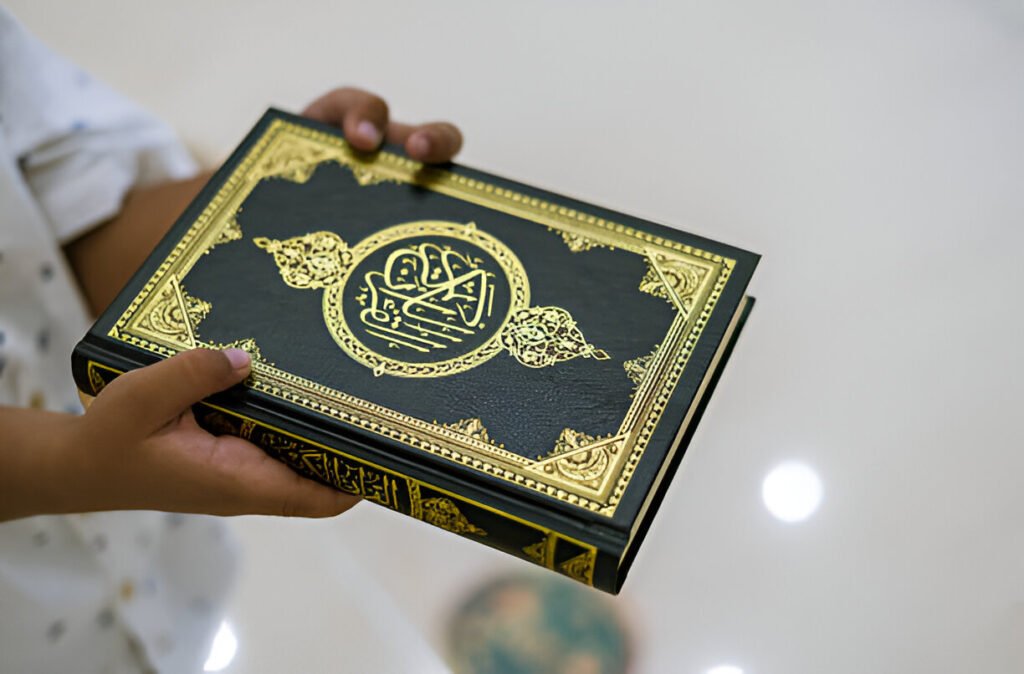Hajj is an important act of worship in Islam. It is one of the five fundamental pillars on which the foundation of Islam is based. However, the regulations regarding Hajj are quite different from those of prayers and fasting. It is not obligatory for a Muslim every day or every year; rather, it is obligatory only once in a lifetime. In essence, Hajj is an expression of a servant’s sincere love for Allah. The entire process of Hajj is a reminder of the trials and tests faced by Prophet Ibrahim (PBUH), who successfully passed all of Allah’s tests.
Not everyone has the opportunity to perform Hajj, and it is a privilege for those who are able to do so. However, it should be remembered that while money may make Hajj possible, it does not guarantee faith. Therefore, those who are fortunate enough to perform Hajj should strengthen their faith and strive to become true believers.
Post-Hajj Actions
- It should be remembered that after performing Hajj, your status and responsibility have increased, so now you must be an ambassador or role model for Islam to others.
- Those who are blessed with the opportunity to perform Hajj must remain firm and steadfast in their faith and obedience to Allah and His religion.
- Prioritize faith and Islam over worldly interests and never compromise on your religious principles for worldly gain. Purify your faith, beliefs, and actions.
- Always maintain the fear of Allah in your heart and strive to protect yourself and your family from the fire of Hell.
- Seek halal and lawful means of livelihood and refrain from interest-based or immoral earnings. Be content with a modest income.
- Try to fulfill all the rights of Allah (such as prayers, fasting, etc.) and the rights of fellow human beings (in terms of interactions and dealings).
- Strive to stay away from all forms of sinful actions and wrong behaviors, including shirk, bid’ah, major sins, and various trials.
- Seek knowledge from the Quran and Sunnah and act upon it. Maintain consistency in performing righteous deeds and focus on self-purification.
- Gradually establish an Islamic environment in your home. Implement the rules of hijab and modesty.
- Hold Islamic discussions with your family members and listen to lectures and sermons.
- Take your family to the mosque and Islamic events, and avoid attending social events where men and women freely mingle.
- Avoid family practices related to superstitions such as celebrating birthdays, death anniversaries, New Year, wedding anniversaries, Gaye Holud, watching satellite TV channels, and other such events.
- Carry out dawa (inviting others to Islam) to your family, relatives, and acquaintances to the best of your ability. Command what is right and forbid what is wrong.
- Donate to places where genuine Islamic activities take place. Fulfill the rights of your neighbors. Feed the poor and orphans. Maintain good relations with all your relatives.
- When sharing your Hajj experience, avoid exaggerating or saying things that are incorrect or unknown. Speak modestly.
- Never try to gain respect, love, or sympathy from people by publicly announcing your Hajj status.
- Do not add the title ‘Haji’ or ‘Alhaj’ before your name on visiting cards or elsewhere to seek recognition.
Signs of a Good Hajj
- Whether a Hajj is accepted or not is entirely up to Allah’s will. However, when someone performs Hajj with full belief and determination, they should hope, Insha-Allah, that Allah will accept their Hajj. One should never perform Hajj with doubt or uncertainty, and thoughts like “How do we know if our Hajj is accepted?” should be avoided.
- If Allah accepts the Hajj, some positive changes will manifest in the individual’s life. A person who strives to please Allah sincerely through good deeds will receive guidance and mercy from Allah. Allah will change their behavior and heart, and they will notice these changes within themselves. Forced or showy changes are usually not lasting.
- If a person remains unchanged after Hajj, with no visible improvement in their character, it may be a matter of concern. However, it is important not to judge others or make assumptions, as only Allah knows the truth of every matter.
- A strong sign of an accepted Hajj is an increase in faith and good deeds, a detachment from worldly affairs, and a heightened interest in the Hereafter.
- One who was previously involved in sinful and wrongful behaviors should now live a righteous life, with softness in their heart and speech.
- After Hajj, the individual should consider their good deeds as small and continue to compete in performing righteous deeds. They should remain free of arrogance and pride.
- There should be an increased enthusiasm for worship, charity, and striving to lead their family along the righteous path.
- There should be an increase in trust in Allah and more frequent seeking of His forgiveness. They should engage in regular supplications and remembrance of Allah.
- A greater interest in acquiring knowledge of the religion should develop, along with a willingness to verify and accept the truth.
- The individual should be keen to spread and establish Allah’s religion in all aspects of their personal, familial, social, and national life.
“O Allah! Accept and approve our Hajj.” Amen.
What to Do After Returning from Hajj
The time spent on Hajj is an excellent opportunity for a person to develop taqwa (God-consciousness) and fear of Allah. During this short period, a person is trained to become a truly pious individual. Therefore, upon returning home, one must ensure that this taqwa remains intact. If, prior to Hajj, a person was involved in sinful actions for professional or other reasons, they should completely distance themselves from such activities before performing Hajj, and throughout the journey, they should consistently seek Allah’s forgiveness. After returning from Hajj, one must avoid all forms of sin. For this, it is advisable to stay in the company of the pious. As mentioned in the Quran: “O you who have believed, fear Allah and be with those who are truthful” (Surah At-Tawbah: 119). This verse addresses the believers, urging them to stay with those who are sincere in their faith.
Additionally, the following actions should be regularly practiced:
- Recite a portion of the Quran daily.
- Make an effort to perform the five daily prayers in the mosque with the congregation.
- In addition to obligatory and Sunnah prayers, make an effort to perform some voluntary (nafl) prayers.
- Try to offer Tahajjud prayers daily.
- Regularly engage in seeking forgiveness (Istighfar), sending blessings upon the Prophet (Durud Sharif), and making other supplications and remembrances.
May Allah grant us the ability to act upon these deeds. Amen.



